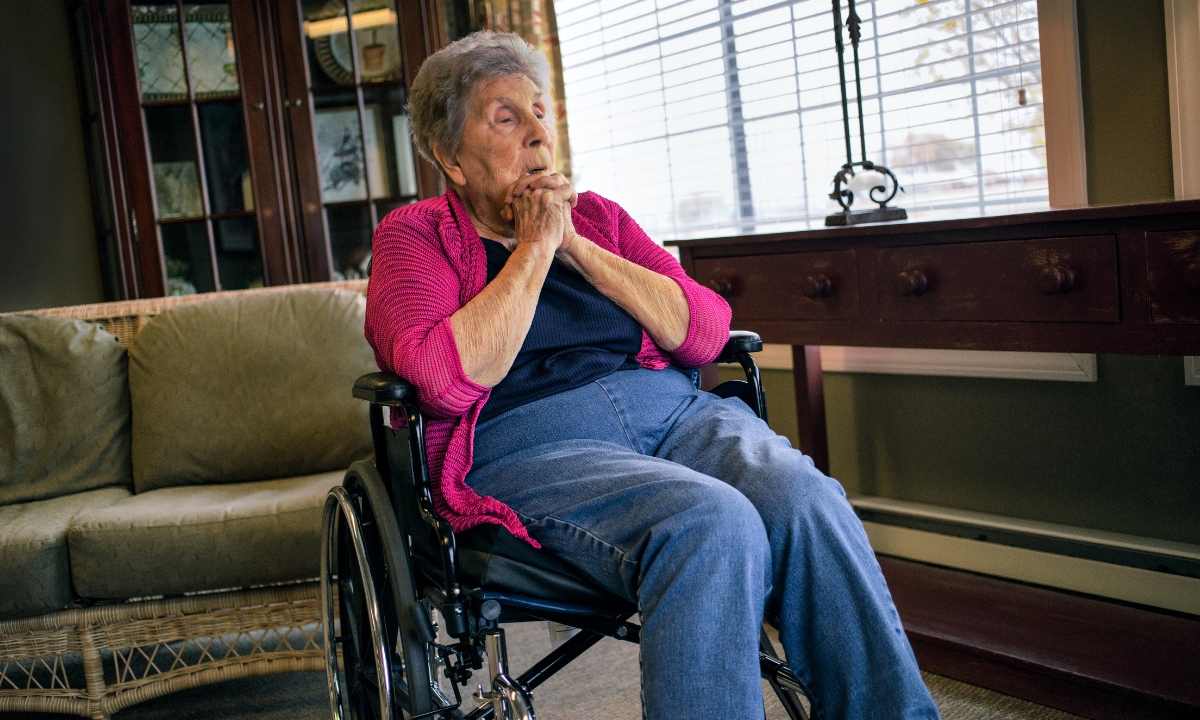Caring for an aging parent on your own can be a challenging and emotional journey. In some cases, having siblings who can share the load is a blessing. However, being a caregiver can significantly impact family dynamics. Sibling rivalry, longstanding family conflicts, and differing opinions on care can complicate an already stressful situation. At Reliant Home Care Services, we understand the complexities families face and aim to provide guidance on navigating these dynamics with empathy and understanding. Remember, no matter what dynamics are at play, the most important thing should always be the health and safety of your loved one.

Understanding Sibling Rivalry in Caregiving
Sibling rivalry doesn’t necessarily end in childhood; it can resurface or intensify in adulthood, particularly during times of stress. Caring for a parent is one such time when old rivalries and unresolved conflicts may come to the forefront. According to a survey by the Family Caregiver Alliance, 40% of family caregivers reported increased family conflict when caregiving responsibilities were shared among siblings.
Causes of Sibling Rivalry
Several factors can contribute to sibling rivalry during caregiving:
- Unequal Distribution of Responsibilities: One sibling may feel they are taking on more caregiving duties than others, leading to feelings of resentment and burnout.
- Differing Opinions on Care: Siblings might have conflicting views on the type and extent of care their parent needs, causing disagreements and tension.
- Past Family Dynamics: Old patterns of behavior and unresolved conflicts can resurface, exacerbating current tensions.
- Financial Concerns: Disputes over financial contributions or inheritance can add another layer of conflict.
Strategies for Managing Sibling Rivalry
While sibling rivalry can be challenging, there are strategies to help manage and mitigate conflicts. Here are some practical approaches:
Open Communication
Effective communication is crucial for managing family dynamics. Regular family meetings can provide a platform for open discussion, allowing each sibling to express their thoughts and feelings. When holding one of these meetings, it will help to first establish ground rules, such as listening without interrupting and respecting each other’s viewpoints. You may also want to use standard communication rules, such as using “I” statements (e.g., “I feel overwhelmed when…”) to express their feelings without blaming others.
Clearly Define Roles and Responsibilities
Defining and agreeing on each sibling’s role can help prevent misunderstandings and ensure that caregiving duties are distributed fairly. Develop a written care plan that outlines each sibling’s responsibilities. This plan can include schedules for visits, financial contributions, and specific tasks. While this plan may work for now, remember that it may need to be reevaluated in the future. Situations may change, so everyone involved needs to be willing to adjust roles and responsibilities as needed.
Seek Professional Help
Sometimes, external help can provide the guidance needed to navigate family conflicts. Family mediators or therapists can help facilitate discussions and resolve conflicts, while professional care managers can assist in creating a care plan and coordinating care, reducing the burden on family members.
The Role of In-Home Care Services
In-home care services such as those offered by Reliant can play a significant role in alleviating family tensions by providing professional support and reducing the caregiving load on siblings.
Hiring professional caregivers ensures that your parent receives high-quality care, which can help ease family conflicts about the adequacy of care. These caregivers can provide consistent, reliable support, handling daily activities, medication management, and companionship. For parents with specific needs, such as those with Alzheimer’s or other forms of dementia, professional caregivers with specialized training can offer the necessary care.
Respite Care
Respite care provides temporary relief for primary caregivers, giving them the time to rest and recharge. Regular respite care can help prevent caregiver burnout, reducing stress and tension among siblings. It can also be tailored to the family’s needs, whether it’s a few hours a week or a longer-term arrangement. Reliant’s respite team is here for when you need us, no matter how rare or often that is.
Navigating Financial Concerns
Financial concerns can be a significant source of conflict among siblings. Transparent communication and careful planning can help manage these issues. Having honest discussions about financial contributions and expenses is crucial. No one who is involved in your loved one’s care should be left out, including your loved one. You will want to create a detailed budget that includes all caregiving expenses and clearly outlines each sibling’s financial contributions.
While your loved one may have enough income to cover all costs themselves, that may not always be the case. When creating a budget that involves financial input from others, remember to keep in mind that some may not be able to contribute as much financially. However, they may be able to contribute more in time or in skilled labor.
Explore Financial Assistance
There are various programs and resources available to help offset the costs of caregiving, so even if your family can’t pay for everything, your loved one may still be able to get the care they need. First, check if your parent’s insurance covers any in-home care services or medical expenses.
Also look at various government programs such as Medicaid, Veterans Affairs benefits, and local community resources. These programs may provide financial assistance for caregiving.

Contact Reliant Today for More Information
Caring for a parent can be a deeply rewarding yet challenging experience, especially when navigating sibling rivalry and family dynamics. At Reliant, we understand these complexities and are here to support families through every step of the caregiving journey. By fostering open communication, clearly defining roles, seeking professional help, and utilizing in-home care services, families can work together to provide the best care for their loved ones while maintaining harmony and understanding.
If your family is facing the challenges of caregiving, contact us today to learn how our personalized care solutions can support you. Together, we can ensure that your loved one receives the compassionate care they deserve while fostering a supportive and cooperative family environment.

